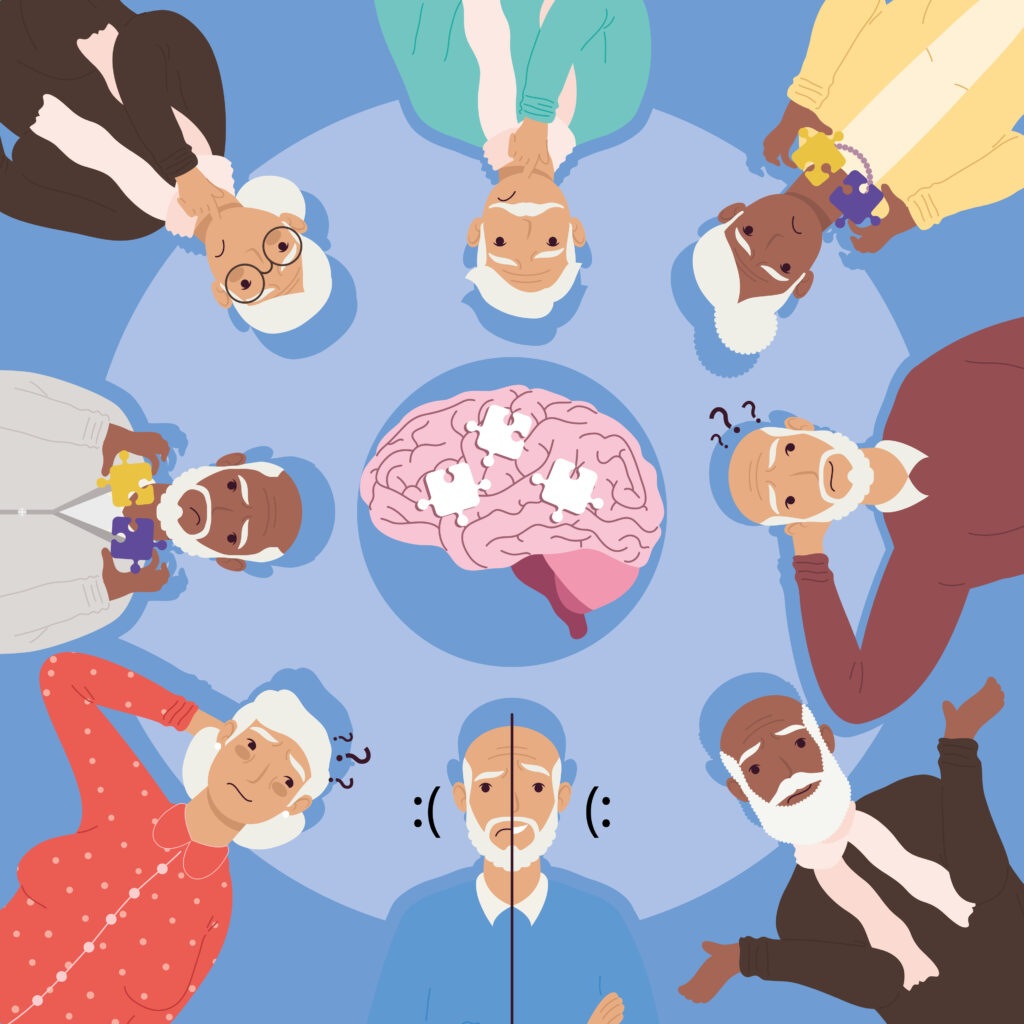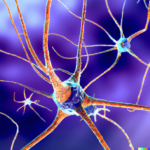Dementia patients often experience a range of cognitive and emotional changes as their condition progresses. One fascinating aspect of this is how some individuals develop an increased fascination with repetitive sounds. This phenomenon can be linked to several factors, including changes in brain function, emotional comfort, and the therapeutic effects of music.
### Changes in Brain Function
Dementia affects various parts of the brain, including those responsible for processing music and sound. As the disease progresses, areas like the temporal lobes, which are crucial for auditory processing, can be impacted. This can lead to changes in how sounds are perceived and interpreted. For instance, conditions like amusia, which impairs the ability to process music, can result from damage to these areas. However, some dementia patients might find repetitive sounds more appealing due to the brain’s attempt to compensate for these changes by focusing on simpler, more predictable auditory patterns.
### Emotional Comfort
Repetitive sounds can provide a sense of comfort and familiarity for dementia patients. Music and repetitive sounds often evoke strong emotional responses and can be deeply ingrained in memory. Even as other cognitive functions decline, musical memory can remain relatively intact, making music a powerful tool for emotional connection and comfort. The predictability of repetitive sounds can be soothing, offering a sense of stability in a world that may otherwise seem confusing or overwhelming.
### Therapeutic Effects of Music
Music therapy is widely recognized for its benefits in dementia care. It can improve mood, reduce agitation, and enhance cognitive function to some extent. Repetitive sounds, in particular, can be used therapeutically to create a calming environment or to stimulate memory recall. The use of music in therapy highlights its potential to engage dementia patients on a deep emotional level, even when other forms of communication become challenging.
### Examples and Observations
Artists like the Caretaker have explored the emotional and cognitive aspects of dementia through music. The series “Everywhere at the End of Time” portrays the progression of dementia through sound, using distorted and repetitive melodies to reflect the deterioration of memory and cognitive function. This work not only reflects the artist’s interpretation of dementia but also resonates with listeners by evoking powerful emotional responses.
In conclusion, the increased fascination with repetitive sounds among dementia patients can be attributed to a combination of neurological changes, emotional comfort, and the therapeutic effects of music. As research continues to uncover the complex interactions between sound, emotion, and cognition, it becomes clear that music and repetitive sounds can play a significant role in enhancing the quality of life for those affected by dementia.



